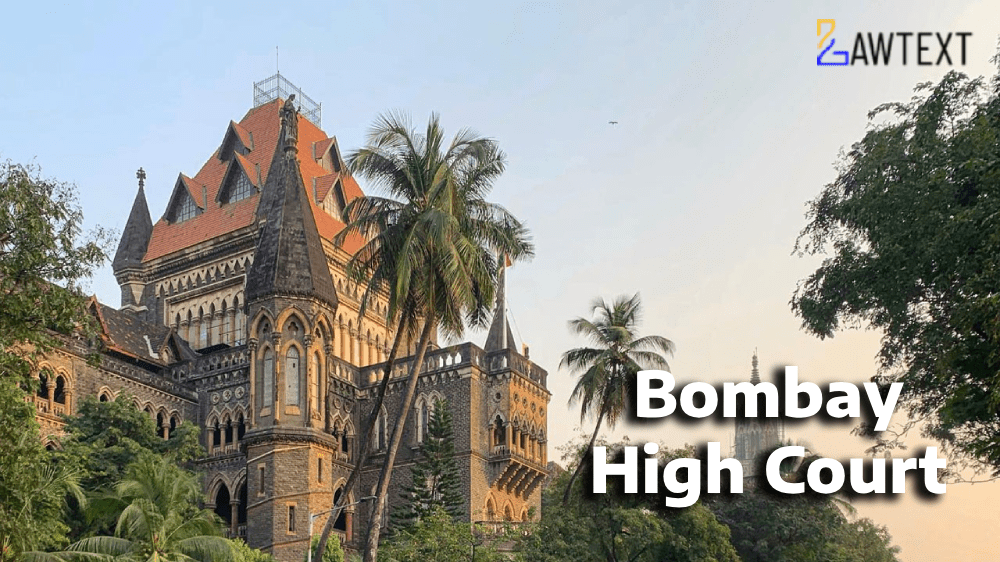

The High Court of Bombay, Justice Sandeep V. Marne presided over a case where Shyamalendu Kumar Das challenged interception orders under the Indian Telegraph Act, 1885. The court upheld the government's decision to intercept his telephonic communications, citing concerns of public safety and the need to combat corruption. The petitioner, a senior government official, was under investigation for alleged corrupt activities. The court ruled that the orders met legal requirements, as they were aimed at preventing incitement to commit offenses and were justified under public safety.
1. The Petitioner:
Shyamalendu Kumar Das, a retired official, formerly served as Deputy Chief Labour Commissioner (Central) and was accused of engaging in corrupt activities, including demanding bribes for labor licenses and inspection approvals.
2. The Challenge:
Das contested the interception of his telephonic communications under Section 5(2) of the Indian Telegraph Act, 1885, arguing that the orders authorizing the interception lacked the necessary justification and failed to demonstrate a "public emergency" or "public safety" concern.
3. Government Orders:
Two orders were passed by the Secretary, Ministry of Home Affairs, on March 9, 2018, and March 17, 2018, authorizing the interception of telephonic messages to and from the petitioner’s mobile phones, citing public safety.
4. CBI Allegations:
The Central Bureau of Investigation (CBI) alleged that Das and his associates were involved in a conspiracy to receive illegal gratification from companies for official functions such as issuing labor licenses. Evidence obtained through intercepted messages led to an FIR and a subsequent chargesheet.
5. Legal Arguments:
Das’s counsel argued that the interception orders were invalid due to the lack of specific reasons and that mere allegations of corruption do not equate to public safety concerns. They relied on precedents emphasizing the need for specific and cogent reasons when passing such orders.
6. Court’s Reasoning:
The court held that interception orders passed by the government were justified based on public safety concerns and preventing incitement to commit offenses. The judge ruled that corruption, particularly at high levels, threatens public order and safety, and interception is a necessary tool for investigation.
The court ruled that the interception of telephonic messages in cases involving serious corruption allegations serves the broader public interest. Public safety concerns include preventing public servants from abusing their positions of power. The court emphasized that fighting corruption is a critical aspect of maintaining public safety, and interception is an appropriate measure when other means of obtaining information are insufficient.
Citation: 2024 LawText (BOM) (9) 63
Case Number: CRIMINAL WRIT PETITION NO. 3389 OF 2024
Date of Decision: 2024-09-06
Case Title: Shyamalendu Kumar Das Versus Union of India, through its Secretary Ministry of Home Affairs & Anr.
Before Judge: SANDEEP V. MARNE, J.
Advocate(s): Dr. Abhinav Chandrachud with Mr. Saurish Shetye, Mr. Pavan Kumar Pandey, Mr. Pravin Pandey, Ms. Sneha Mishra i/b Mr. Prem Kumar Pandey, for the Petitioner. Mr. Kuldeep S. Patil with Mr. Ashish Kumar Srivastava, for the CBI.
Appellant: Shyamalendu Kumar Das
Respondent: Union of India, through its Secretary Ministry of Home Affairs & Anr.